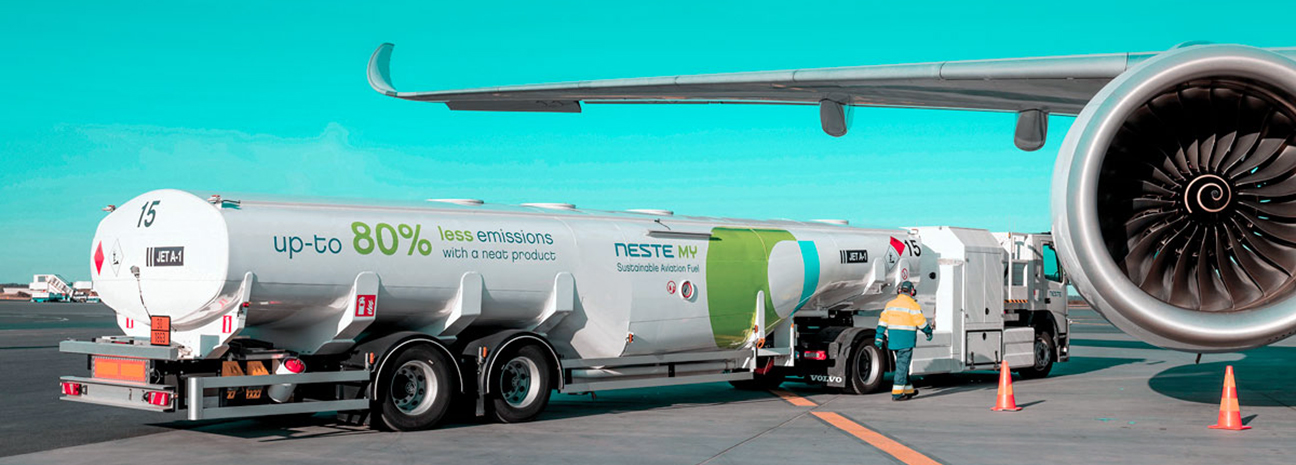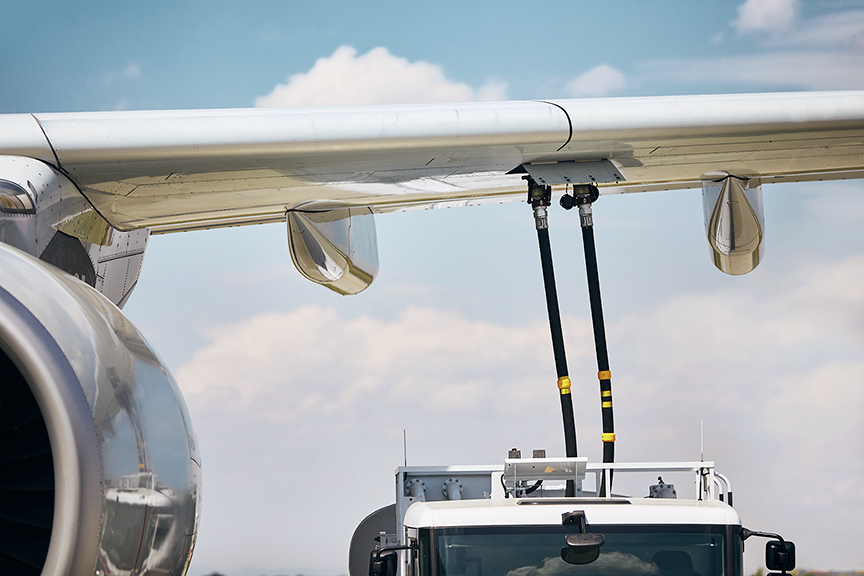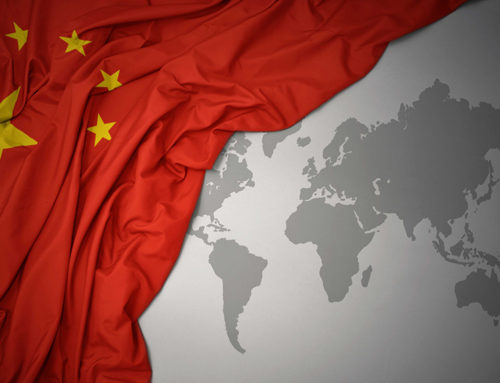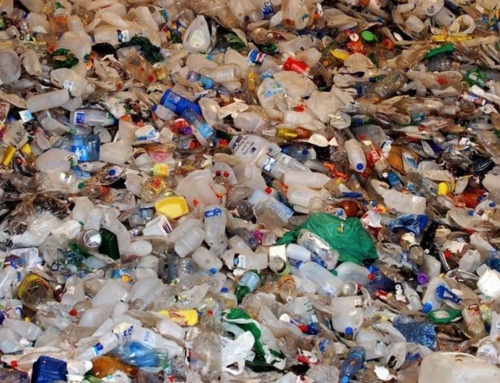The European aviation industry is at a crossroads, facing the challenge of meeting ambitious sustainability targets while addressing growing demand for air travel. The journey towards sustainable aviation fuels (SAF) is not only an environmental necessity but a financial imperative, which may lead to significant changes in the industry, including consolidation and potentially higher fares for passengers.
At a recent CEO roundtable, the heads of leading European airlines shared their concerns and strategies to tackle sustainability targets. It’s become evident that the industry must find ways to increase revenue, with consolidation emerging as a viable solution. The pressures are multifaceted, driven by a European Union mandate that requires flights departing from EU airports to carry a progressively increasing amount of SAF, beginning with 2% of total fuel in 2025.
Bumpy Skies for British Airways Parent Company
The head of British Airways’ parent company, IAG, voiced his concerns over the feasibility of meeting the EU’s SAF targets. With a grim outlook, he stated that there’s a greater than 90% risk that the industry won’t meet the 2025 goal. The burden of Europe’s stringent regulations, when compared to other regions, threatens to undermine the competitiveness of the European aviation sector, making it less capable of maintaining its global presence.
Faced with these challenges, the airline industry is turning to consolidation as a solution. IAG’s CEO emphasized the need for size and efficiency to achieve the industry’s sustainability ambitions. This approach aims to create better platforms for customers while ensuring profitability. The industry recognizes that the road to sustainability comes with a price, and consolidation is the means to afford it.

Ryanair’s Take on Consolidation
Michael O’Leary, Chief Executive of Ryanair, shared his perspective on the consolidation trend, predicting further mergers and acquisitions. He identified IAG as the most suitable candidate to acquire Portugal’s TAP, positioning itself ahead of rivals Air France-KLM and Lufthansa. O’Leary also expressed surprise over Air France-KLM’s stake in Scandinavian SAS, signaling the dynamic nature of the industry.
O’Leary’s predictions extended to low-cost carriers, suggesting that easyJet could be acquired by IAG or Air France-KLM, or possibly both, while Wizz Air might find itself in the hands of Lufthansa or a Middle Eastern buyer. This forecast implies that the low-cost market segment is also ripe for consolidation, further altering the industry landscape.
As the industry mulls over consolidation and other strategic moves to ensure sustainability, it’s clear that the aviation landscape is changing rapidly. These shifts may result in passengers facing higher fares in the long run, as airlines work to balance their sustainability ambitions with financial stability. While some airlines embrace consolidation as a solution, others are expected to respond with their own strategies and partnerships to navigate the evolving European aviation sector.
The European aviation industry is in the midst of a significant transformation as it strives to meet sustainability goals while maintaining competitiveness. The pursuit of sustainable aviation fuels, although essential for the environment, presents financial challenges that necessitate consolidation and strategic planning. As the industry navigates these changes, passengers can expect to see shifts in pricing and airline alliances in the quest for a more sustainable and cost-effective future.






